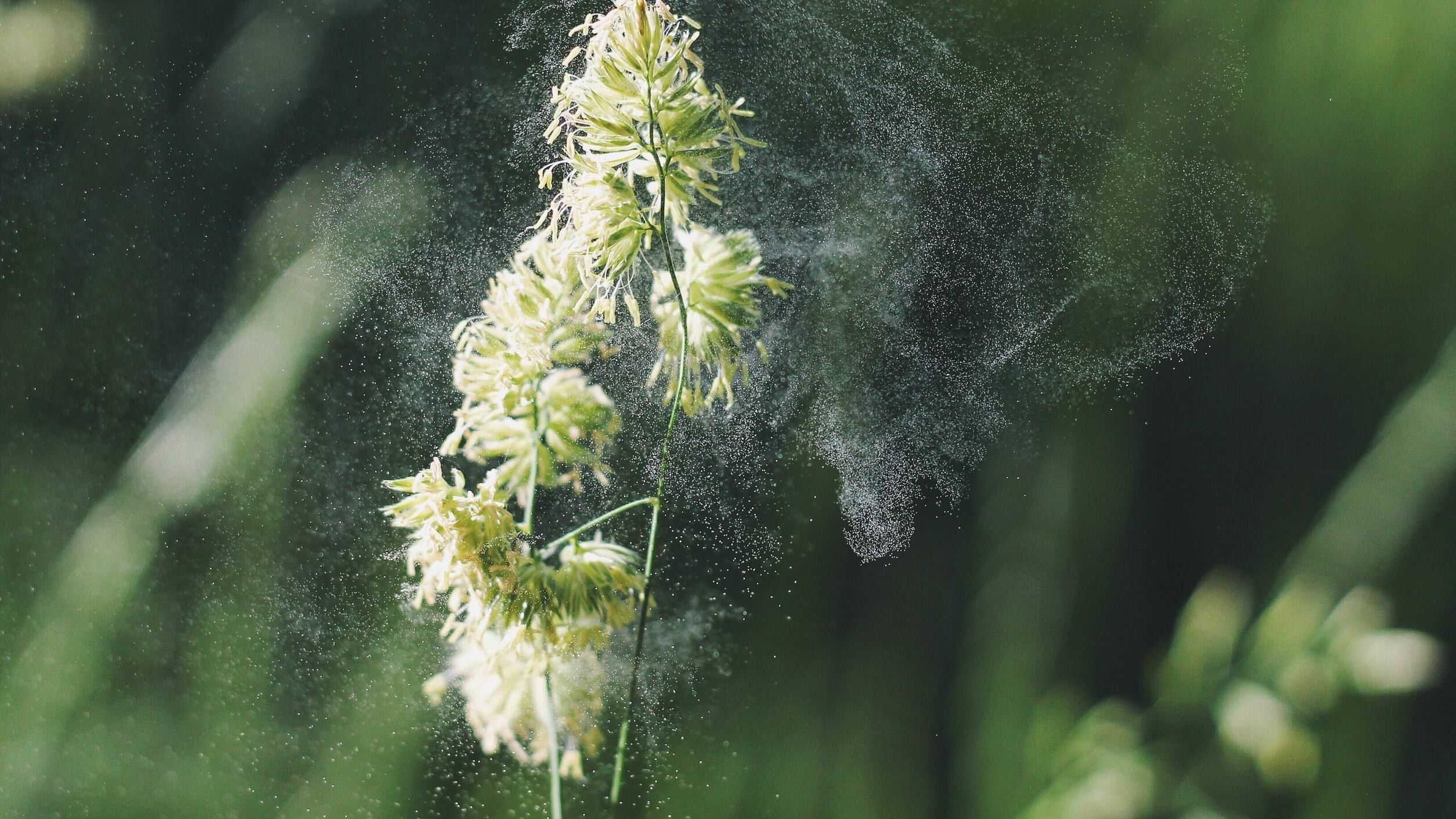If your eyes are on fire and you can't stop blowing your nose, you can blame grass pollen.
In Portland, allergy season started early this year. It could soon get worse: Dr. David Bilstrom of the Allergy Immunology Clinic says that pollen counts show that grass pollen levels could spike on Sunday to around 10 parts per cubic meter. (Bilstrom says that's equivalent to 10 pollen grains in a space the size of a refrigerator).
"Grass is our biggest problem-causer here," Bilstrom says. "The grass seed industry is big [in the Willamette Valley]. Any place you see tall grass starting to feather out, that means it's releasing pollen."
Bilstrom says that grass pollen usually starts releasing at 10 am and peaks around 4 or 5 in the afternoon. "As you're going home from work, you're getting a snoot-full," Bilstrom says. "That affects your sleep because you wake up with a congested nose at 2 or 4 am."
He adds that kids are particularly sensitive to grass pollen, and are likely to suffer from itchy, watery eyes. The best cure, Bilstrom says, is to stay inside and to shower before going to bed to rid your hair and skin of pollen.
"Because grass pollen is so small, it's virtually impossible to avoid unless you stay inside with the AC on," he says. "People with allergies should shower and wash the pollen out of their hair before going to bed if they want to avoid having a miserable night."
While warm weather makes allergies bad, Bilstrom says windy rain storms spread pollen around the most. He suggests people take non-drowsy antihistamines like Claritin and Zyrtec and carry eye drops.

